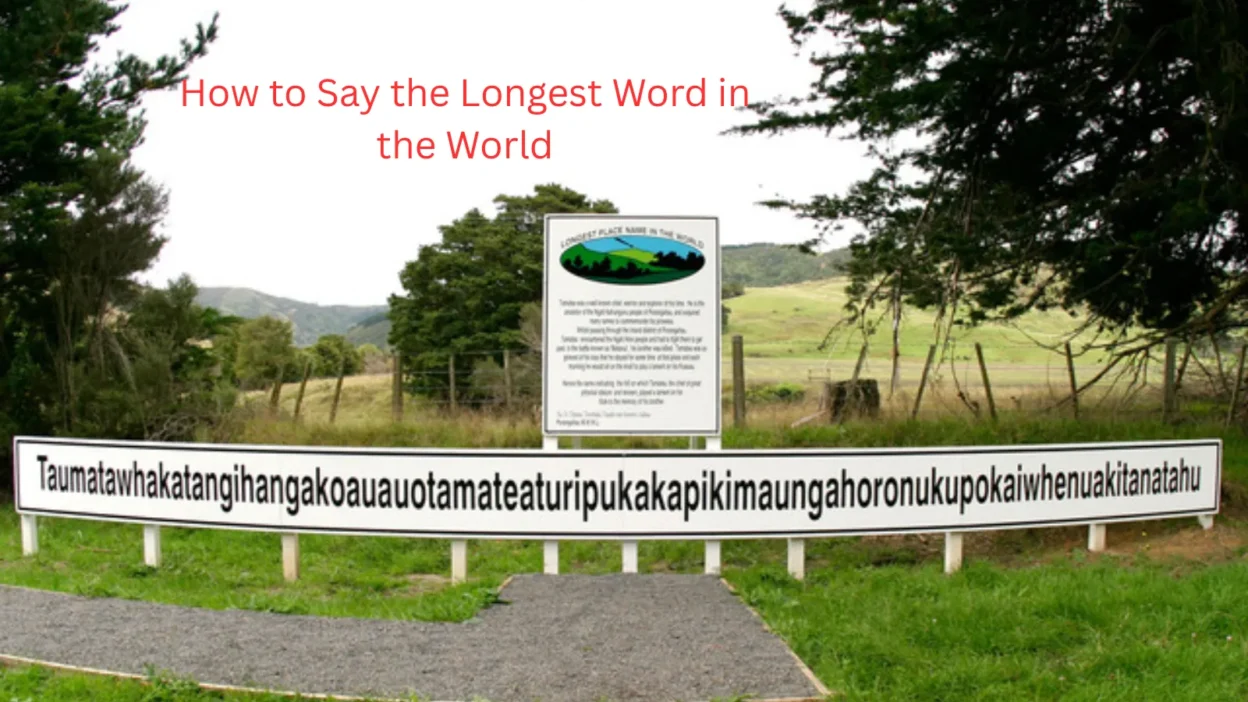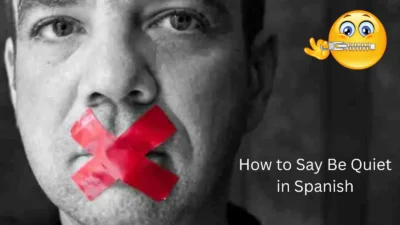Learning 15 ways how to say the longest word in the world is a fun and fascinating way to explore language, pronunciation, and culture. The longest word in the world varies depending on the language, and each one has its own unique sound and rhythm.
Some are scientific terms, while others are playful creations or traditional expressions that have stood the test of time. Whether you’re a language enthusiast, a trivia lover, or simply curious, knowing how to pronounce these words will impress your friends and boost your linguistic skills.
In this guide, you’ll discover 15 ways how to say the longest word in the world, along with tips and examples to master each pronunciation.
Longest Word in the World
Get ready to dive into 15 of the world’s longest words—how to say them, what they mean, and where they come from—with real-life style dialogues to make it easier to understand and pronounce.
1. Pneumonoultramicroscopicsilicovolcanoconiosis
Meaning: A type of lung disease caused by inhaling very fine silica particles.
Origin: Coined in 1935 by the president of the National Puzzlers’ League as a made-up long word.
Dialogue:
👤 User A: Can you say that extremely long word again?
👤 User B: You mean pneumonoultramicroscopicsilicovolcanoconiosis? Yeah, it took me two days to learn it!
Use:
Mostly found in trivia or novelty lists, not real medical texts.
2. Hippopotomonstrosesquipedaliophobia
Meaning: Ironically, it means the fear of long words.
Origin: A humorous formation; combines “hippopotamus,” “monstrous,” and “sesquipedalian.”
Dialogue:
👤 User A: I think I have hippopotomonstrosesquipedaliophobia.
👤 User B: You’re afraid of… long words? That name’s just cruel.
Use:
Informal, humorous.
3. Supercalifragilisticexpialidocious

Meaning: A made-up word meaning “extraordinarily good,” from Mary Poppins.
Origin: Popularized in 1964 by Disney’s Mary Poppins, but existed earlier in print.
Dialogue:
👤 User A: How’s your day been?
👤 User B: Supercalifragilisticexpialidocious!
Use:
Playful or theatrical expression of joy.
4. Floccinaucinihilipilification
Meaning: The act of describing something as unimportant or valueless.
Origin: Latin roots; first recorded in the 18th century in Britain.
Dialogue:
👤 User A: That’s a big word. What does floccinaucinihilipilification mean?
👤 User B: It means saying something has no value… like this word itself!
Use:
Rare; found mostly in language trivia or academic humor.
5. Antidisestablishmentarianism
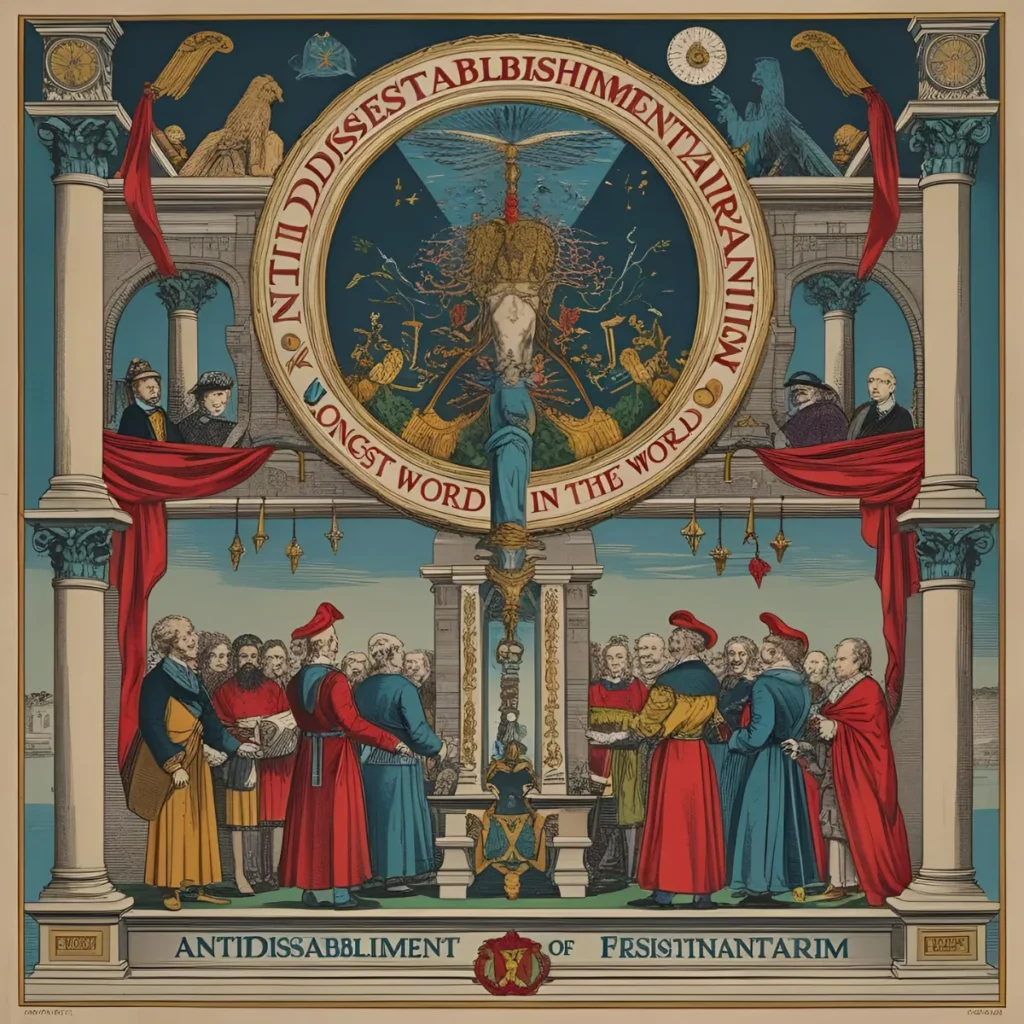
Meaning: A political position opposing the separation of church and state in 19th-century Britain.
Origin: British politics, 1800s.
Dialogue:
👤 User A: What’s the longest real word you know?
👤 User B: Antidisestablishmentarianism—took me a week to spell!
Use:
Once famous as the “longest word” taught in schools.
6. Methionylthreonylthreonylglutaminylalanylprolylthreonylphenylalanyl… (and so on)
Meaning: A chemical name for a protein called Titin, the largest known protein.
Origin: Science. The full word is over 189,000 letters long!
Dialogue:
👤 User A: What’s the longest word ever?
👤 User B: Technically the full name of Titin… but no human can pronounce it!
Use:
Exists only in chemical documentation, not for speaking.
7. Honorificabilitudinitatibus
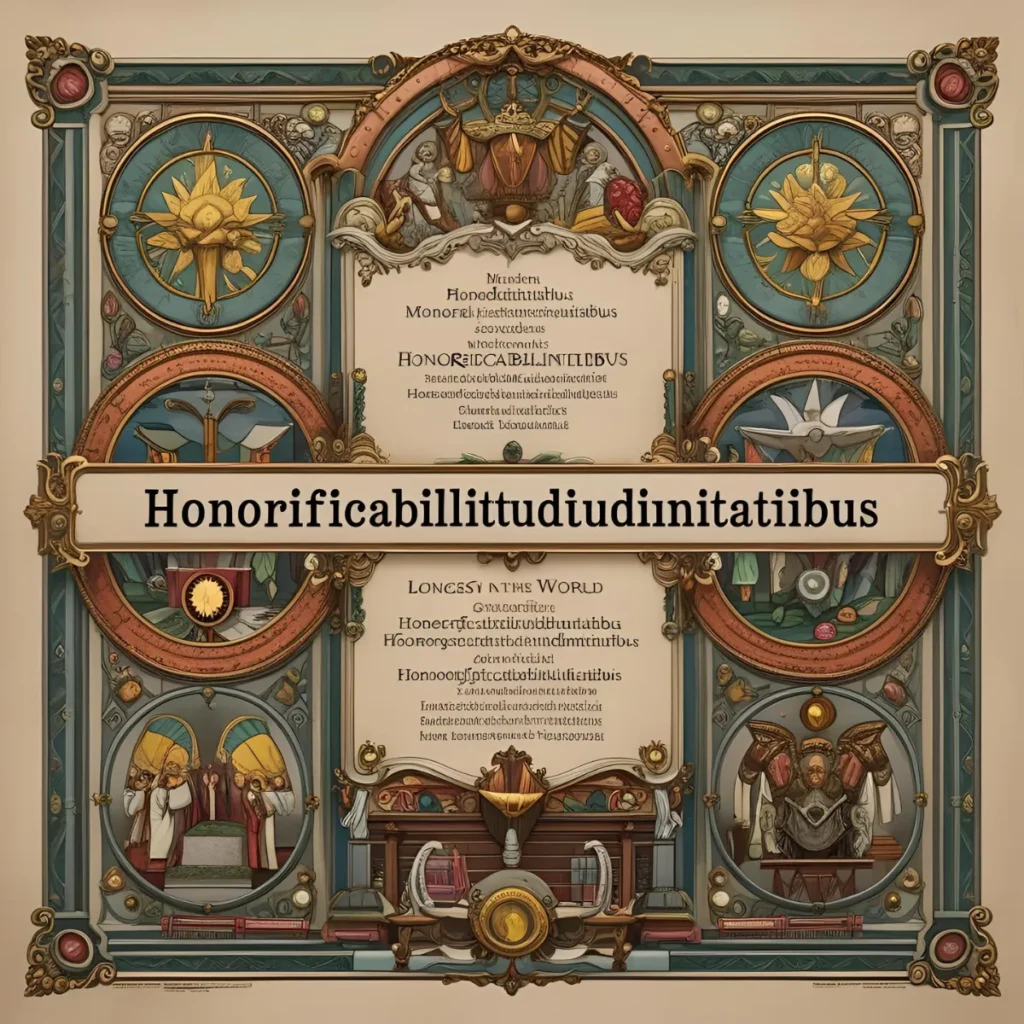
Meaning: The state of being able to achieve honors.
Origin: Used by Shakespeare in Love’s Labour’s Lost, from Latin.
Dialogue:
👤 User A: That Shakespeare word—what was it again?
👤 User B: Honorificabilitudinitatibus. Try saying that three times fast!
Use:
Literary and playful.
8. Lopadotemachoselachogaleokranioleipsanodrimhypo…
(183-letter Greek dish name)
Meaning: A fictional dish from Aristophanes’ comedy Assemblywomen.
Origin: Ancient Greek theatre.
Dialogue:
👤 User A: Ever tried pronouncing that Greek food word?
👤 User B: Nope—I’d rather eat it than say it!
Use:
Known from literature and trivia.
9. Incomprehensibilities
Meaning: Things that are difficult to understand.
Origin: 17th century English.
Dialogue:
👤 User A: English has such complex words.
👤 User B: Like incomprehensibilities?
Use:
Real word; rare in speech.
10. Uncopyrightable
Meaning: Something that cannot be protected by copyright.
Origin: Legal term, 20th century.
Dialogue:
👤 User A: Is that photo yours?
👤 User B: Nope, it’s uncopyrightable.
Use:
Legal or creative industries.
11. Psychoneuroendocrinological
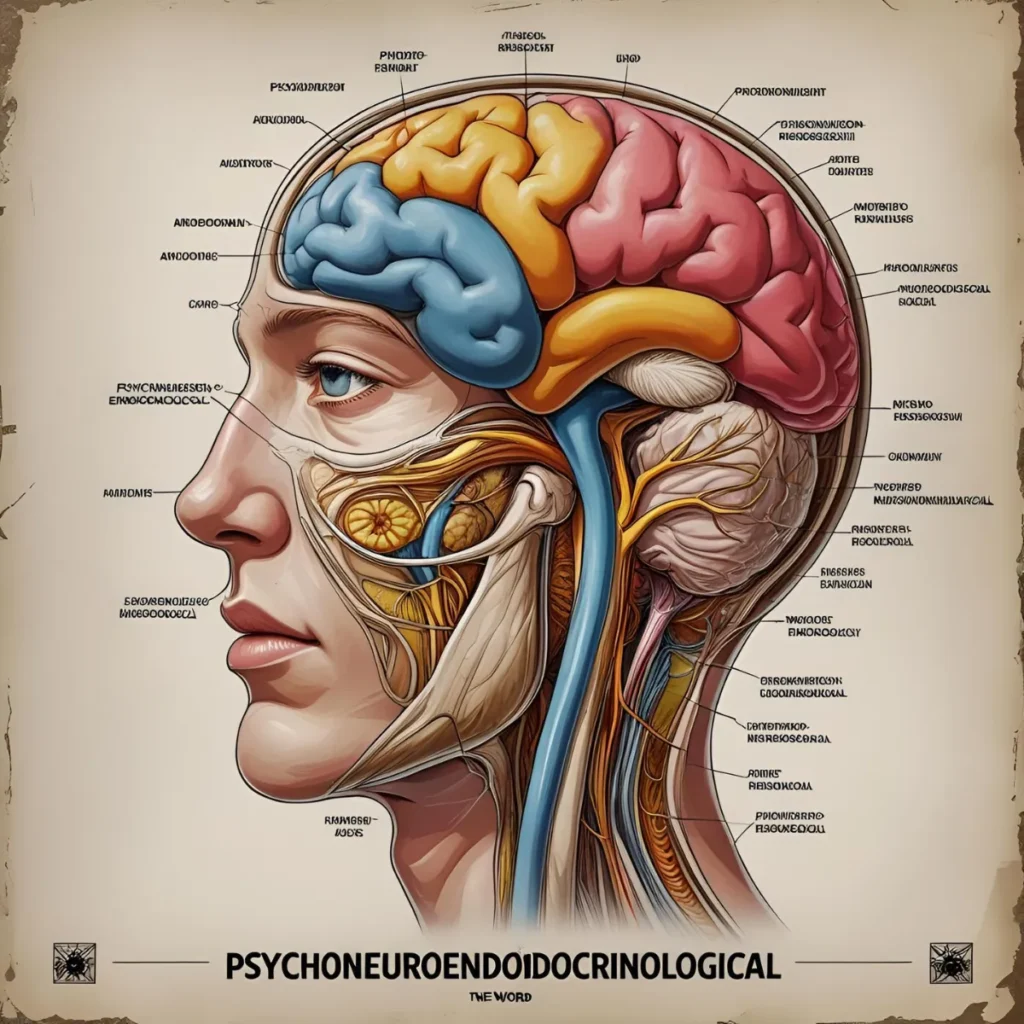
Meaning: Related to psychology, neurology, and endocrinology.
Origin: Medical compound term.
Dialogue:
👤 User A: That’s a mouthful!
👤 User B: It’s from my psychoneuroendocrinological textbook.
Use:
Academic and scientific fields.
12. Thyroparathyroidectomized
Meaning: Having had the thyroid and parathyroid glands surgically removed.
Origin: Medical English.
Dialogue:
👤 User A: What’s the diagnosis?
👤 User B: I’ve been thyroparathyroidectomized. Long word, huh?
Use:
Only in medical texts.
13. Electroencephalographically
Meaning: Pertaining to recording brain waves.
Origin: Neurology.
Dialogue:
👤 User A: What did the doctor say?
👤 User B: They measured it electroencephalographically.
Use:
Neurological studies.
14. Sesquipedalian
Meaning: Someone who uses long words.
Origin: Latin “sesqui” (one and a half) + “ped” (foot) = “a foot and a half long.”
Dialogue:
👤 User A: You love big words.
👤 User B: Guilty. I’m a sesquipedalian!
Use:
Academic and humorous.
15. Triskaidekaphobia
Meaning: Fear of the number 13.
Origin: Greek roots.
Dialogue:
👤 User A: Why avoid room 13?
👤 User B: Triskaidekaphobia—it creeps me out!
Use:
Psychological or pop culture references.
Conclusion:
💡 Mastering 15 ways how to say the longest word in the world is not just a linguistic challenge — it’s a fun way to explore the beauty and complexity of language. Whether these words come from science, literature, or playful linguistic creations, each pronunciation teaches you something new about culture and communication.
By practicing these tongue‑twisters, you’ll improve your pronunciation skills, expand your vocabulary, and impress anyone with your knowledge. Remember — the journey of learning the longest word in the world is just as fascinating as saying it correctly
